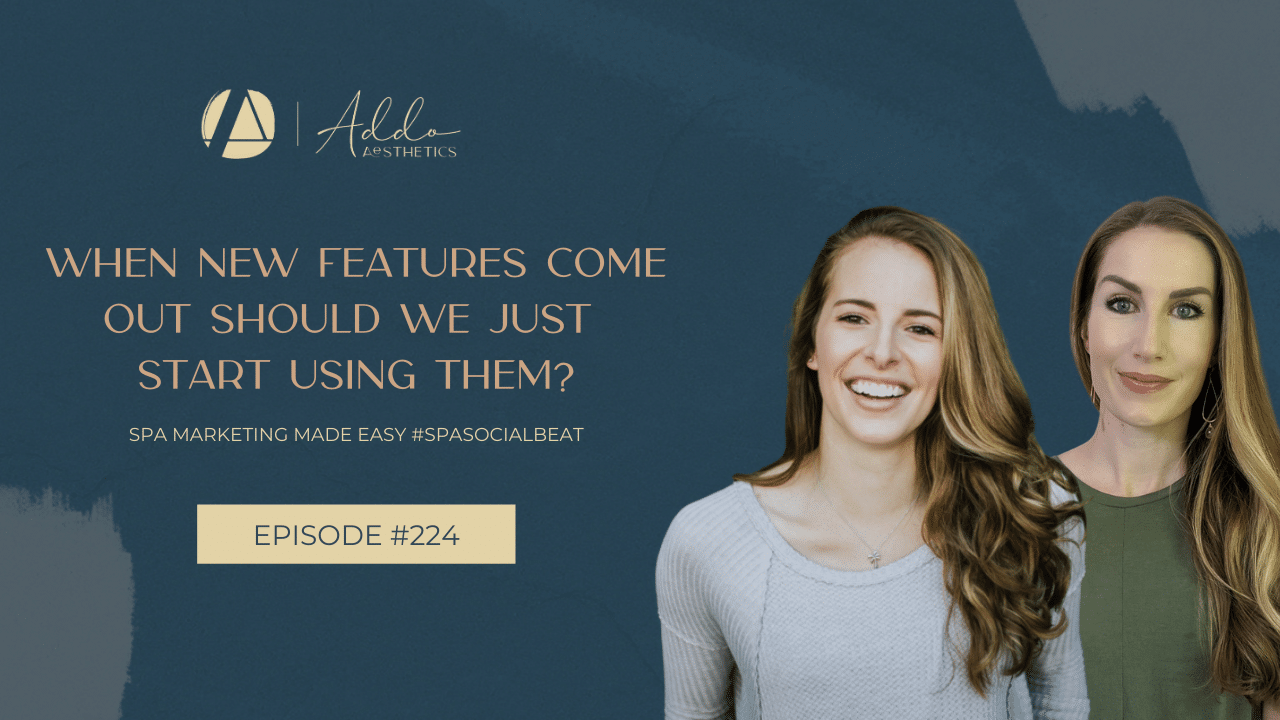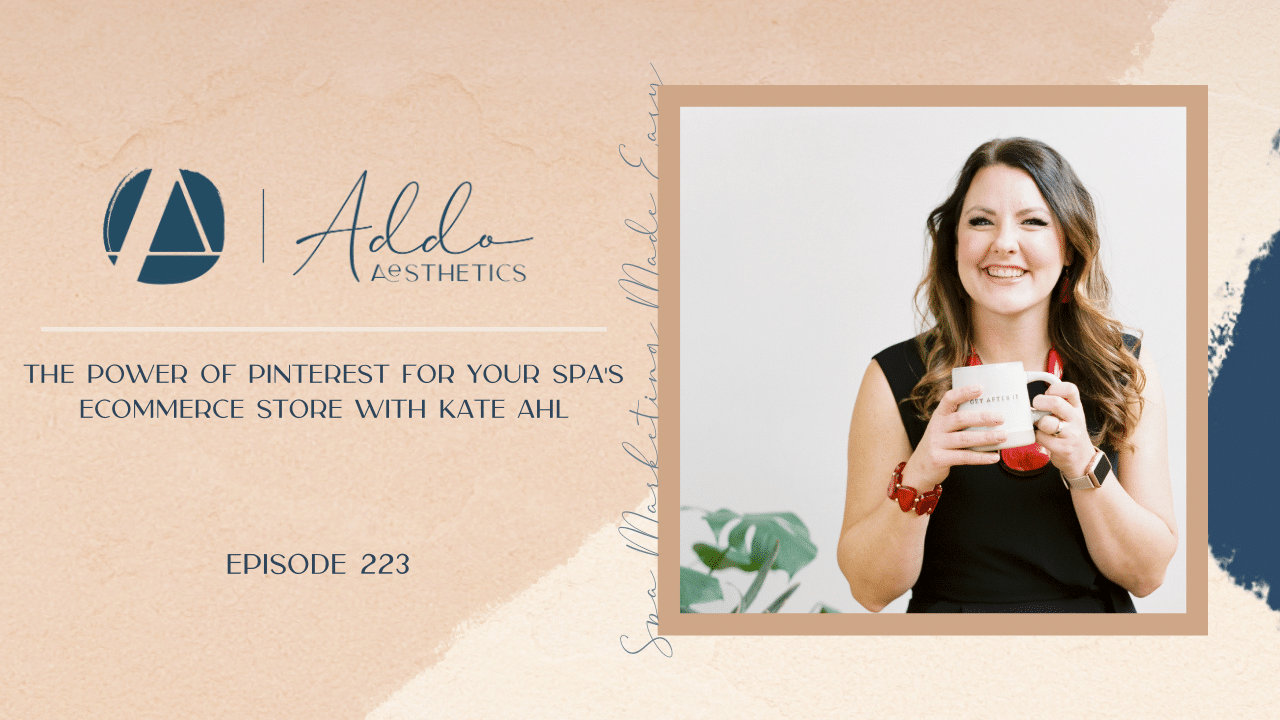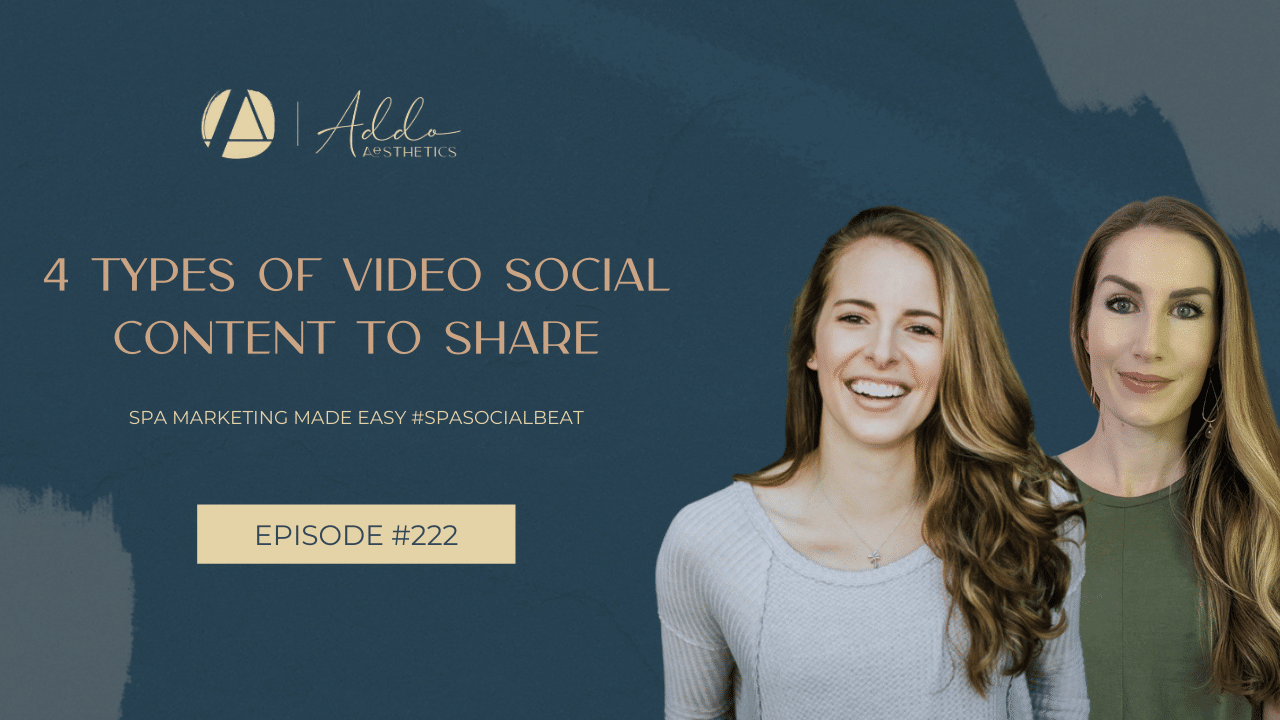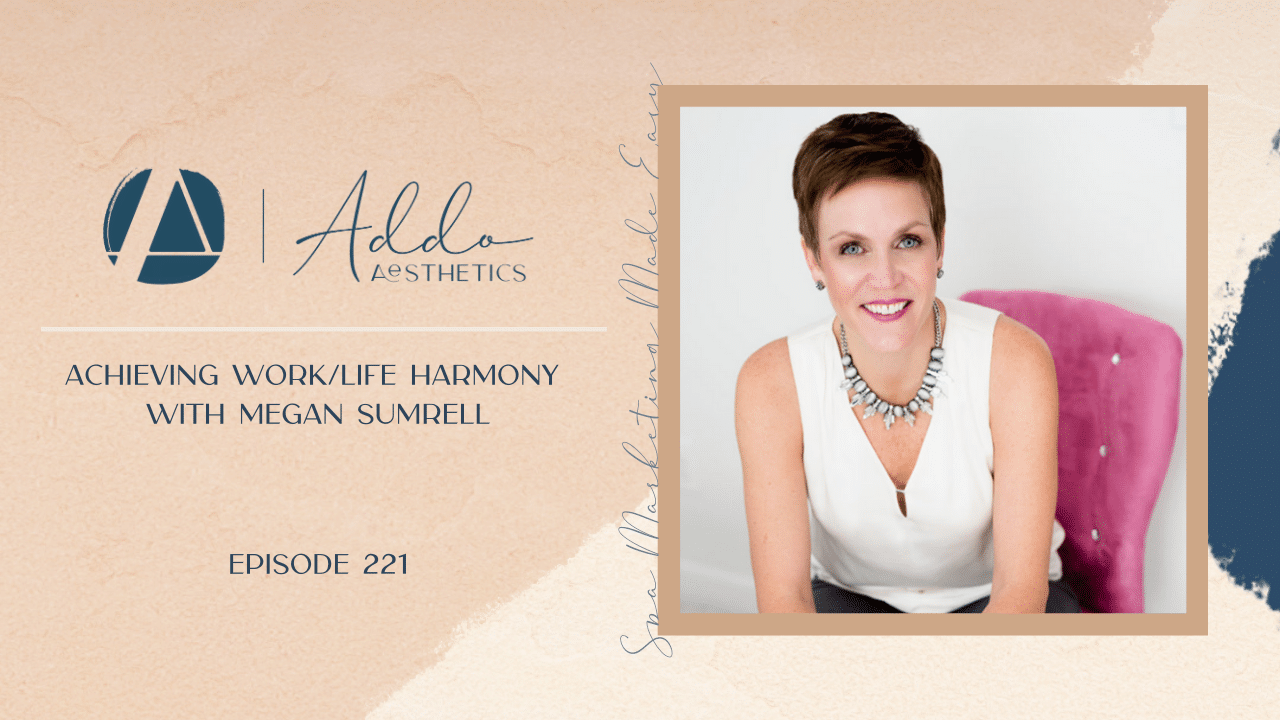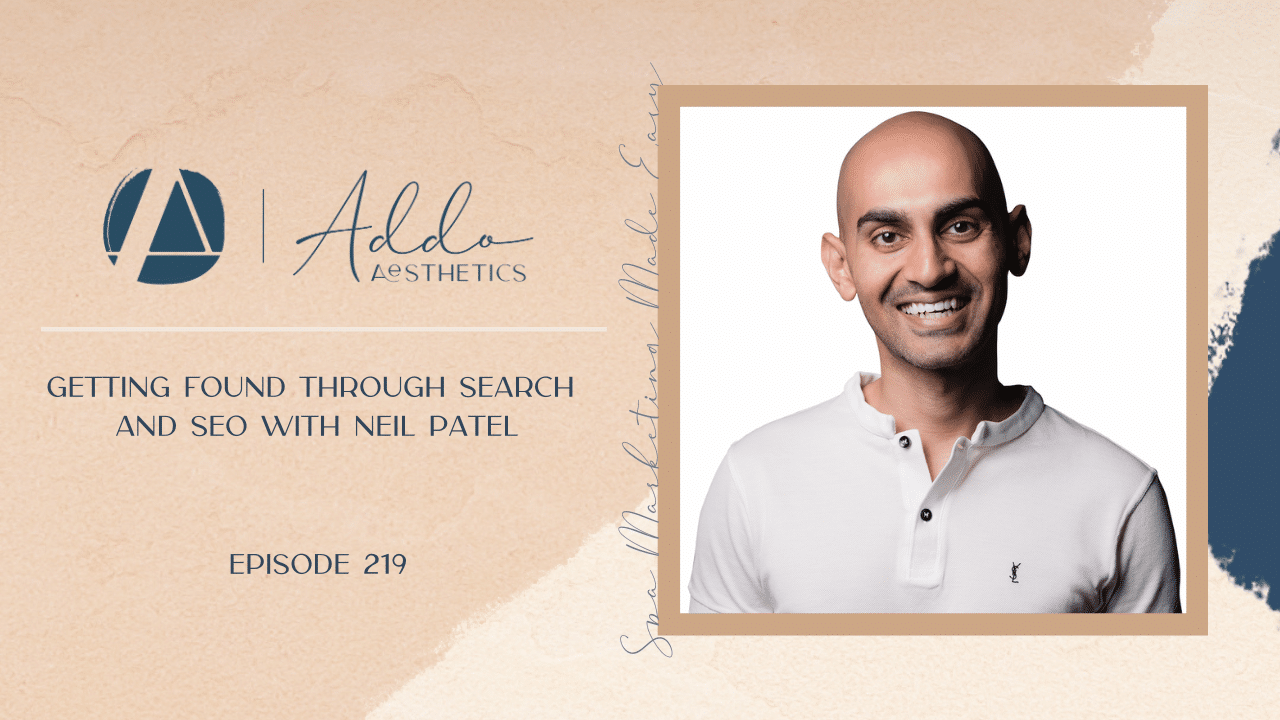From our best tips and tricks to simplify your social media strategy to our top recommended tools, our Spa Social Beats are bite-sized episodes that pack a punch of practical advice so you can stop stressing over social media for your spa.
In this week’s #SpaSocialBeat, we’re discussing:
- How showing up on social media serves as a customer and client support channel by making yourself accessible
- Why social media communication and accessibility matters not only for helping to support a potential client to the sale, but also existing clientele
- Our top tips for providing top notch support via the best social media subchannels, but also how to establish boundaries so that you’re not attached to your phone and DMs 24/7
Tune in every Friday for a new #Spasocialbeat episode with Daniela and Danielle, and be sure to connect with us inside the Spa Marketing Made Easy community to share your biggest takeaways and how you’re putting these tips into play!
To learn more about Post With Purpose and watch our free on-demand video training, “How to Increase Your Spa’s Bookings + Sales With Social Media,” click here.




